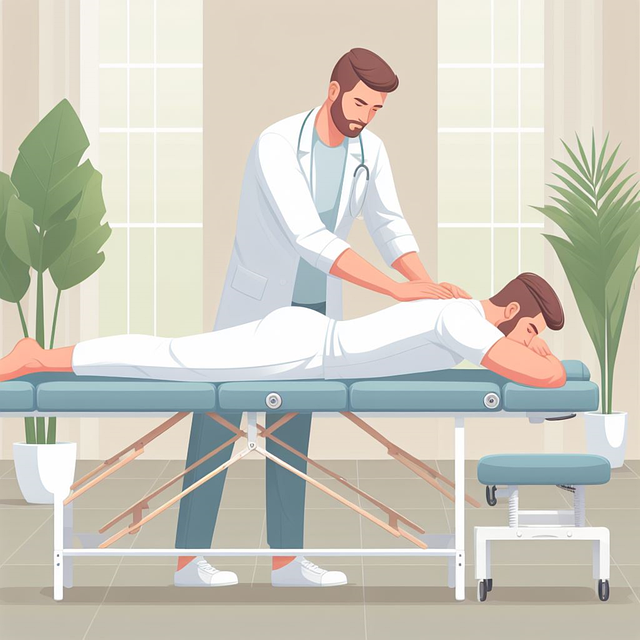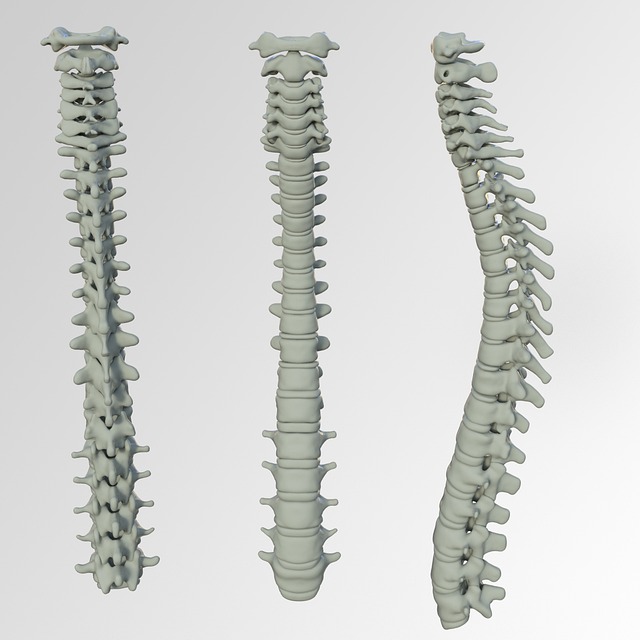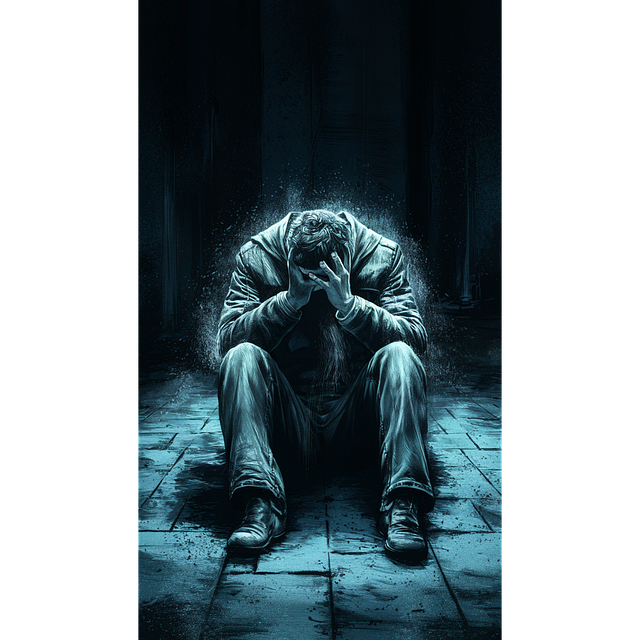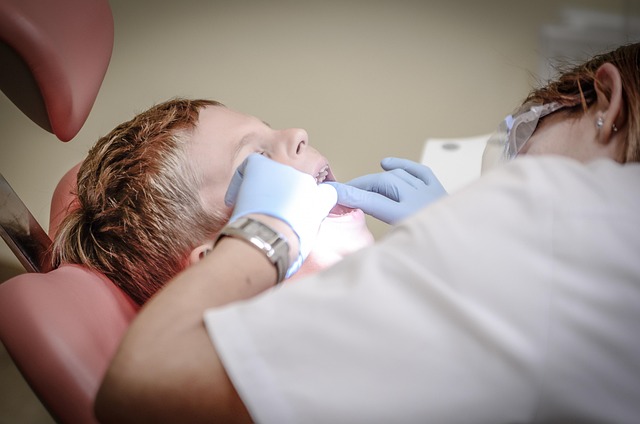Long-term chiropractic rehabilitation after car wrecks offers a holistic approach to healing, focusing on individual plans combining manual therapy, exercise, and education. Chiropractors address physical, psychological, and social aspects of recovery, restoring function, managing pain, and improving quality of life years post-accident. This comprehensive strategy includes lifestyle modifications and patient education for enhanced outcomes and reduced future health risks.
Many victims of car accidents face prolonged recovery periods, and long-term chiropractic rehabilitation can play a pivotal role in their healing journey. This article explores the transformative power of chiropractic care for individuals seeking sustained recovery post-accident. We delve into understanding the nuances of long-term rehab, focusing specifically on the impact of chiropractic programs after car wrecks. Additionally, we uncover effective strategies to ensure successful and lasting results.
- Understanding Long-term Chiropractic Rehabilitation
- The Role of Chiropractic Care After Car Wrecks
- Effective Strategies for Sustained Recovery
Understanding Long-term Chiropractic Rehabilitation

Long-term chiropractic rehabilitation after car wrecks involves a comprehensive, tailored approach to healing and restoring function. These programs recognize that recovery from severe injuries often extends well beyond acute care, requiring consistent care and adjustments over months or even years. Chiropractic professionals play a vital role in this journey, focusing on more than just pain relief. They work closely with patients to develop individualized treatment plans, addressing not only the physical symptoms but also the psychological and social aspects of recovery.
These rehabilitation programs incorporate various techniques, such as manual therapy, exercise therapy, and patient education, to improve mobility, strengthen muscles, and enhance overall well-being. By integrating these strategies, long-term chiropractic rehabilitation aims to help individuals regain independence, manage pain effectively, and improve their quality of life following a car accident.
The Role of Chiropractic Care After Car Wrecks

After a car wreck, many victims experience injuries that require long-term care and rehabilitation. Chiropractic care plays a significant role in this process by addressing the musculoskeletal system, which is often severely affected in such accidents. Chiropractors specialize in diagnosing and treating mechanical disorders of the spine and extremities, providing relief from pain and improving mobility for patients recovering from car wrecks.
The initial focus of chiropractic rehabilitation after a car crash is to manage acute pain and reduce inflammation. Chiropractors employ various techniques like adjustments, manual therapy, and targeted exercises to alleviate symptoms and support the body’s natural healing process. As recovery progresses, the program evolves to include long-term strategies for maintaining joint health, enhancing flexibility, and restoring functional mobility. This comprehensive approach ensures that individuals not only recover from their injuries but also develop resilience to prevent future complications, emphasizing the importance of chiropractic care in the aftermath of car accidents.
Effective Strategies for Sustained Recovery

Effective strategies for sustained recovery in long-term chiropractic rehabilitation after car wrecks involve a multifaceted approach. Firstly, personalized treatment plans tailored to individual patient needs are crucial. Chiropractors should assess not only the physical injuries but also psychological and emotional well-being, as these factors significantly impact healing. Regular sessions with a dedicated healthcare team, including therapists, counselors, and support groups, can foster a holistic recovery environment.
Additionally, incorporating lifestyle modifications such as improved posture, regular exercise, and stress management techniques into daily routines enhances overall wellness. Educational programs that teach patients about their condition and the importance of adherence to treatment protocols are also game-changers. Incorporating these strategies ensures that patients not only recover from immediate injuries but also develop tools for long-term wellness, reducing the risk of future complications.
Chiropractic care plays a vital role in long-term rehabilitation, especially after motor vehicle accidents. By combining targeted adjustments with personalized recovery plans, chiropractors help patients overcome pain and restore function. Incorporating specific exercises, education on injury prevention, and regular check-ups ensures sustained recovery for individuals navigating the aftermath of car wrecks. This holistic approach empowers folks to take control of their health and experience a meaningful transformation in their quality of life.














